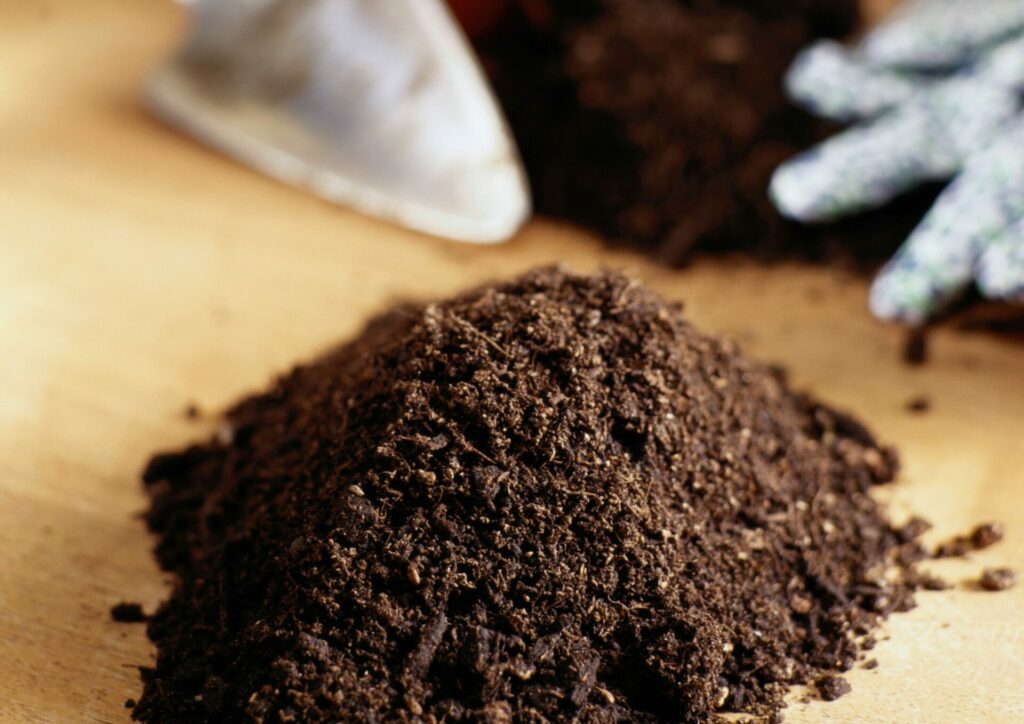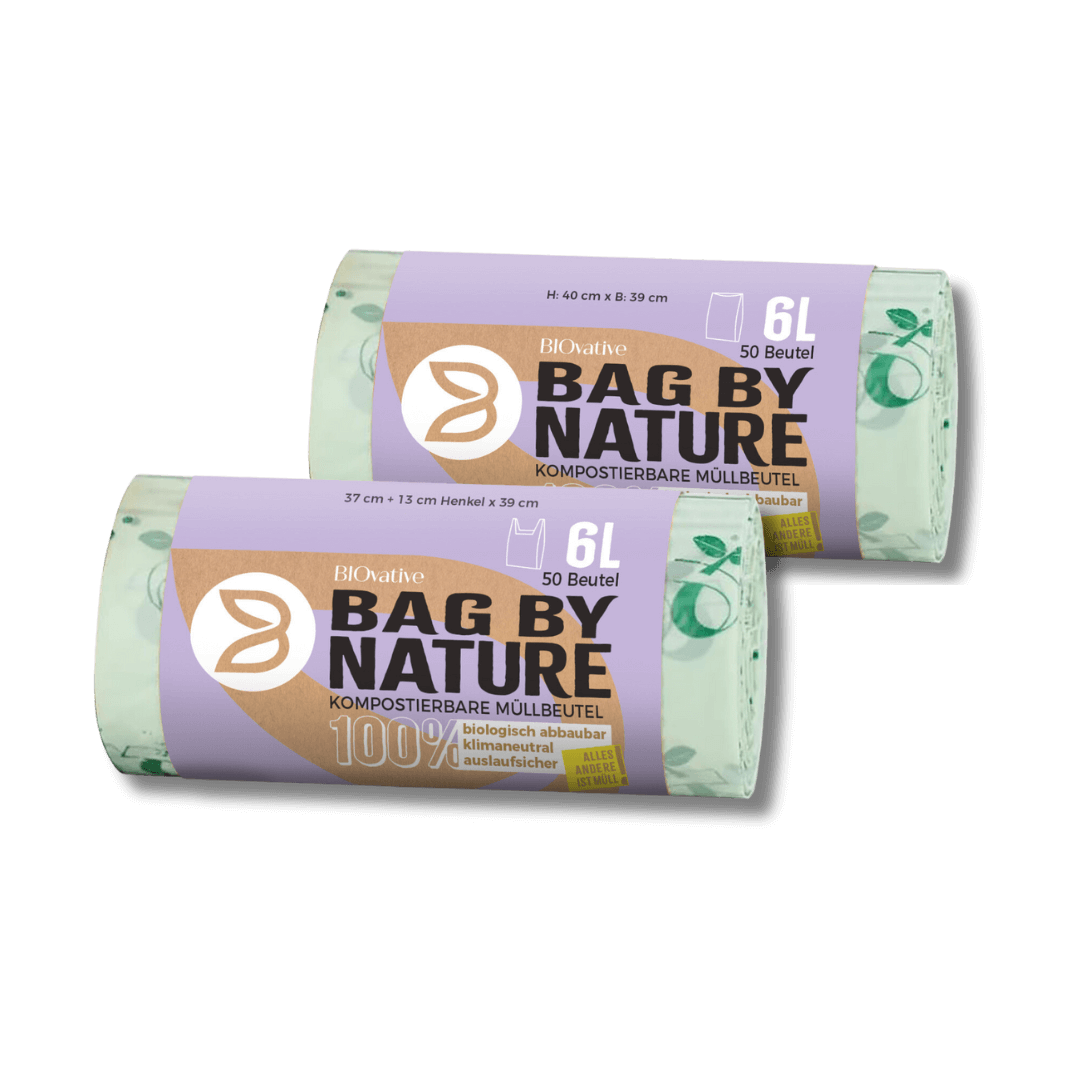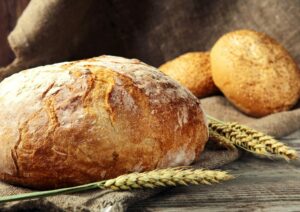Glossary » soil
soil
Can you put soil in the organic waste bin?
Soil, including potting soil, does not belong in the organic waste bin. The main reasons for this are that soil is heavy and, in large quantities, makes the disposal and recycling of organic waste considerably more difficult. In addition, soil can often contain residues of non-organic materials such as plastic fibres or fertilisers, which can disrupt the composting process or reduce the quality of the compost.

Why is potting soil prohibited in the organic waste bin?
Even in small quantities, soil can significantly increase the weight of the organic waste bin. This can lead to problems during collection and transport. In large quantities, soil can also overload composting facilities, as these are designed to process lighter, organic waste.
Excavated soil or soil from the garden in particular often contains small or even larger stones, which can also cause problems during further processing.
Potting soil often contains additives such as fertilisers, peat or synthetic materials that can disrupt the composting process and be harmful to the environment. These additives are not fully biodegradable. It is therefore better not to dispose of potting soil in organic waste.
Soil contaminated with animal faeces also has no place in the organic waste bin. If soil is disposed of in organic waste, it must be free of plastics, germs and pests.
Alternative soil disposal
Potting soil can be disposed of in residual waste instead, but only in small quantities. Another option is to reuse it in the garden or on the compost heap if it is free from chemical additives. In some cases, a local green waste collection centre or recycling centre may also be the right place to go.
One of the best alternatives is to reuse the soil in your own garden or on the balcony. Soil can be used to improve the soil or as a base for new plants. Alternatively, many municipalities offer special collection centres for garden and green waste. You can hand in large quantities of soil from your garden there. It is important to enquire with the respective municipality about the exact acceptance conditions.
Disposal at DIY stores or recycling centres is also possible. These often accept surplus soil and ensure that it is disposed of or recycled properly. This is particularly useful when larger quantities are involved or the soil is contaminated.
Potting Soil – Compost It, Don’t Bin It
Another good way to dispose of potting soil is to mix it with your own compost. There it is enriched with the nutrients created by the decomposition process of the other components and can ultimately be reused. The soil resulting from this type of disposal provides a good breeding ground for the home garden or raised bed.
However, it is important to ensure that there are no pests or germs in the soil that is added to the compost. Soil contaminated by fungal diseases in particular favours the development of fungal infestation in the compost.
Soil Doesn’t Belong in Organic Waste
In conclusion, soil, including potting soil, does not belong in the organic waste bin. Proper disposal via alternative routes is not only more environmentally friendly, but also helps to maintain the efficiency and quality of organic waste processing.
If in doubt, you should ask your local waste management company, as the rules can vary from region to region. As a general rule, safety first – if in doubt, it is better to dispose of ashes in the residual waste.
Discover our products
Compostable bin liners
For clean and sustainable disposal of your organic waste






